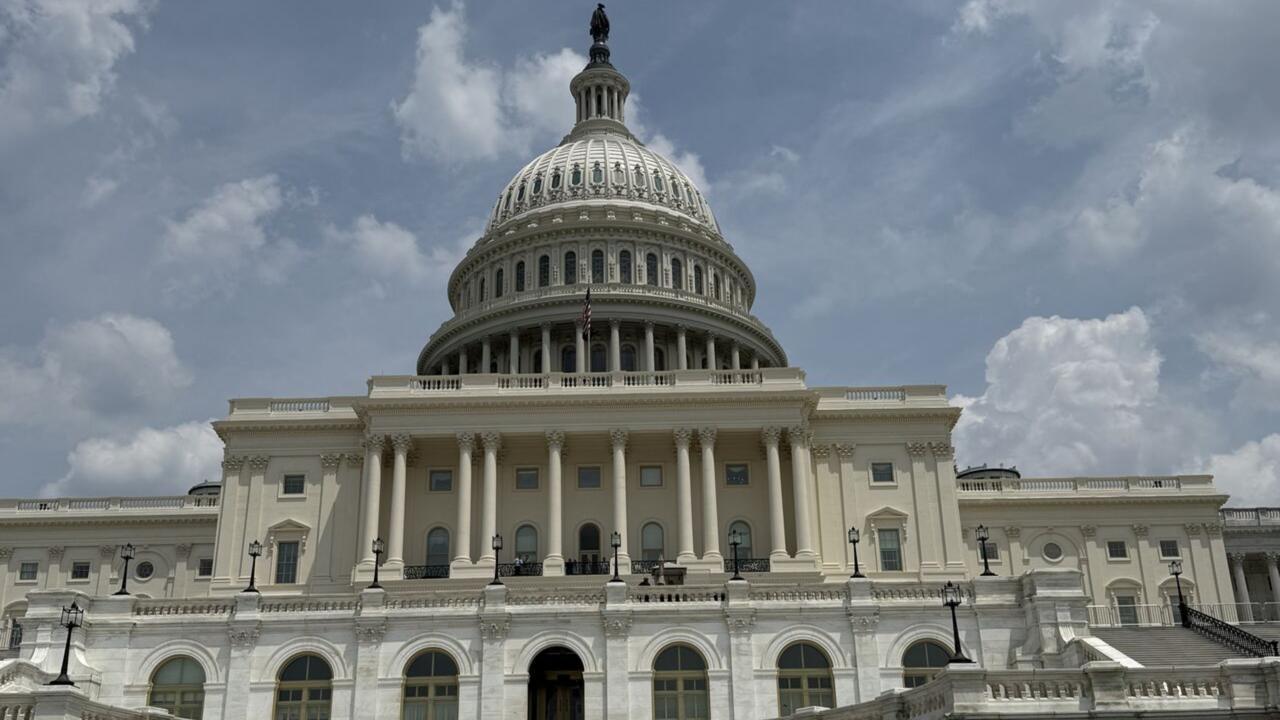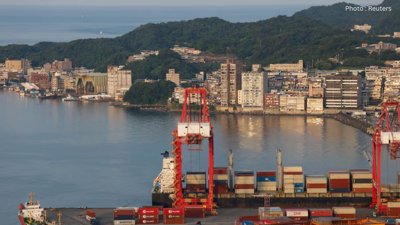
Post by : Amit
Photo: Linkdin/Paul Stone
The U.S. Federal Maritime Commission (FMC) has launched a major antitrust investigation into the World Shipping Council (WSC) and its members, raising fresh questions about the fairness and competitiveness of the global container shipping industry. The move comes amid growing concern over skyrocketing freight rates, supply chain disruptions, and allegations that shipping giants have wielded excessive market power at the expense of shippers and consumers.
The FMC’s decision to open this investigation reflects mounting political and commercial pressure on regulators to scrutinize the behavior of large shipping alliances that dominate global trade routes. The investigation aims to determine whether any anti-competitive practices or coordinated actions by WSC members have distorted markets, reduced competition, or contributed to the volatility seen in recent years across the maritime sector.
The World Shipping Council, based in Washington D.C., represents the interests of the world’s major container shipping companies, including some of the largest global players such as Maersk, MSC, CMA CGM, Hapag-Lloyd, and COSCO. Collectively, these companies control the lion’s share of the world’s container capacity through powerful alliances that pool vessels and coordinate services.
The spotlight on the WSC follows an unprecedented period during the COVID-19 pandemic when container rates soared to historic highs, port congestion crippled supply chains, and shippers faced steep costs and limited options. While rates have since cooled, concerns over the structural power of major shipping lines have not gone away. U.S. lawmakers and industry groups have repeatedly accused ocean carriers of exploiting market concentration to manipulate supply and pricing, an accusation the industry denies.
The FMC has stated that its investigation will carefully examine whether shipping lines engaged in practices that violate U.S. competition laws. This includes reviewing how vessel-sharing agreements, blank sailings, and capacity management were handled during the crisis years. The Commission has also invited input from cargo owners, freight forwarders, and other stakeholders who may have been affected by potential anti-competitive behavior.
For its part, the World Shipping Council responded by emphasizing that current shipping regulations allow for alliances under strict legal frameworks designed to ensure efficiency and service reliability. The WSC has said it will cooperate fully with the FMC, while defending the role of liner shipping alliances in keeping supply chains functioning.
This investigation is seen as one of the most significant antitrust moves targeting the container shipping sector in recent years. It follows the Ocean Shipping Reform Act of 2022, which gave the FMC expanded powers to probe unfair practices and protect U.S. shippers from potential market abuses.
The outcome of this probe could have far-reaching implications. If the FMC finds evidence of anti-competitive behavior, it could lead to new regulations, fines, or even force changes to how shipping alliances operate. Such moves could reshape the competitive landscape of global shipping, which has for decades operated with a high degree of consolidation.
As the investigation unfolds, many in the industry are watching closely to see whether the FMC will take a hard line against the dominant carriers or opt for a more cautious approach. For shippers, who continue to call for more transparency and fairness in ocean freight pricing, the investigation offers a glimmer of hope that the balance of power could shift back in their favor.
For now, the global shipping industry finds itself once again under the microscope—this time not just for its role in moving goods, but for how it governs competition on the high seas.
Shipping Antitrust, Maritime Regulation










Advances in Aerospace Technology and Commercial Aviation Recovery
Insights into breakthrough aerospace technologies and commercial aviation’s recovery amid 2025 chall

Defense Modernization and Strategic Spending Trends
Explore key trends in global defense modernization and strategic military spending shaping 2025 secu

Tens of Thousands Protest in Serbia on Anniversary of Deadly Roof Collapse
Tens of thousands in Novi Sad mark a year since a deadly station roof collapse that killed 16, prote

Canada PM Carney Apologizes to Trump Over Controversial Reagan Anti-Tariff Ad
Canadian PM Mark Carney apologized to President Trump over an Ontario anti-tariff ad quoting Reagan,

The ad that stirred a hornets nest, and made Canadian PM Carney say sorry to Trump
Canadian PM Mark Carney apologizes to US President Trump after a tariff-related ad causes diplomatic

Bengaluru-Mumbai Superfast Train Approved After 30-Year Wait
Railways approves new superfast train connecting Bengaluru and Mumbai, ending a 30-year demand, easi